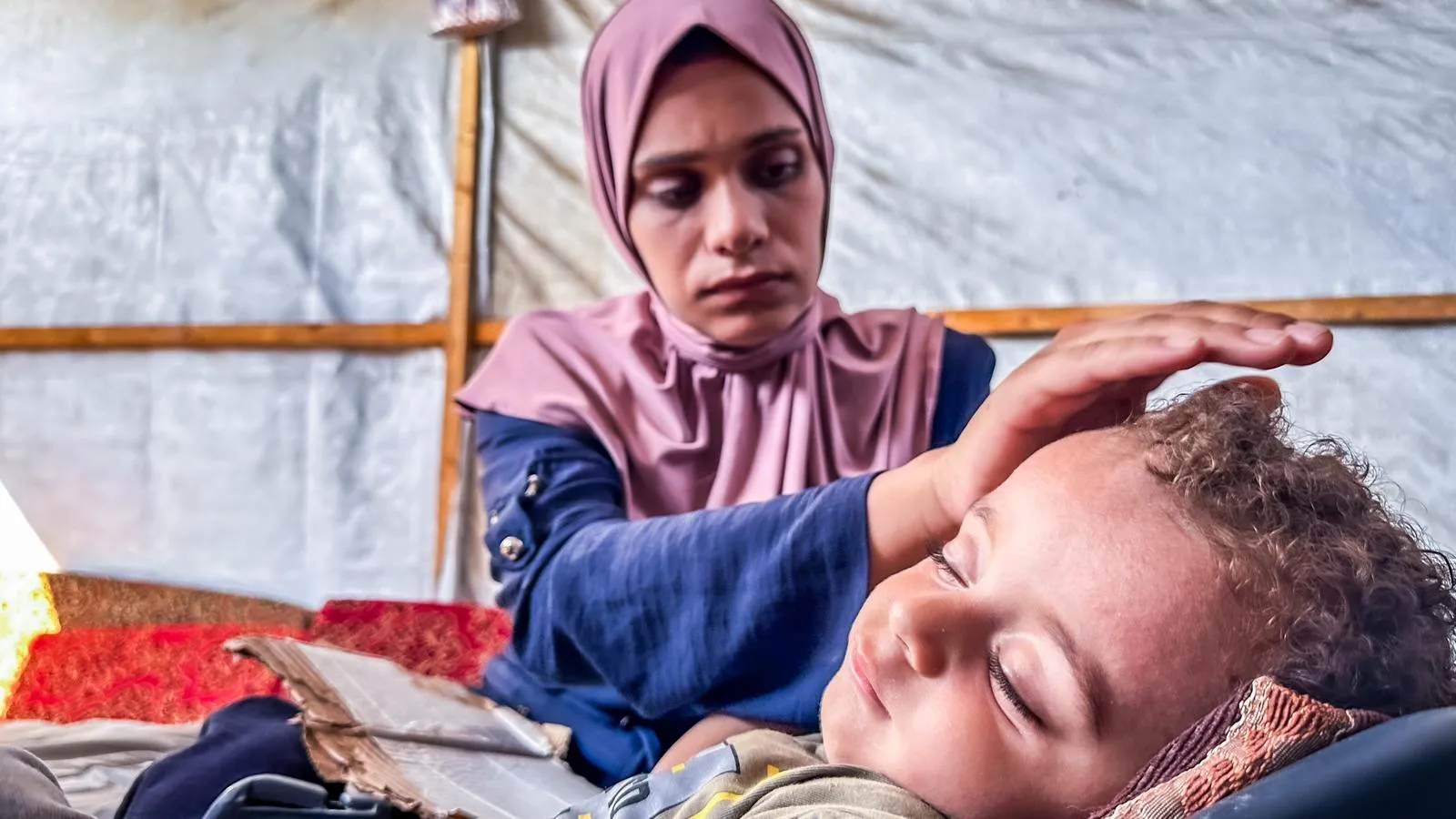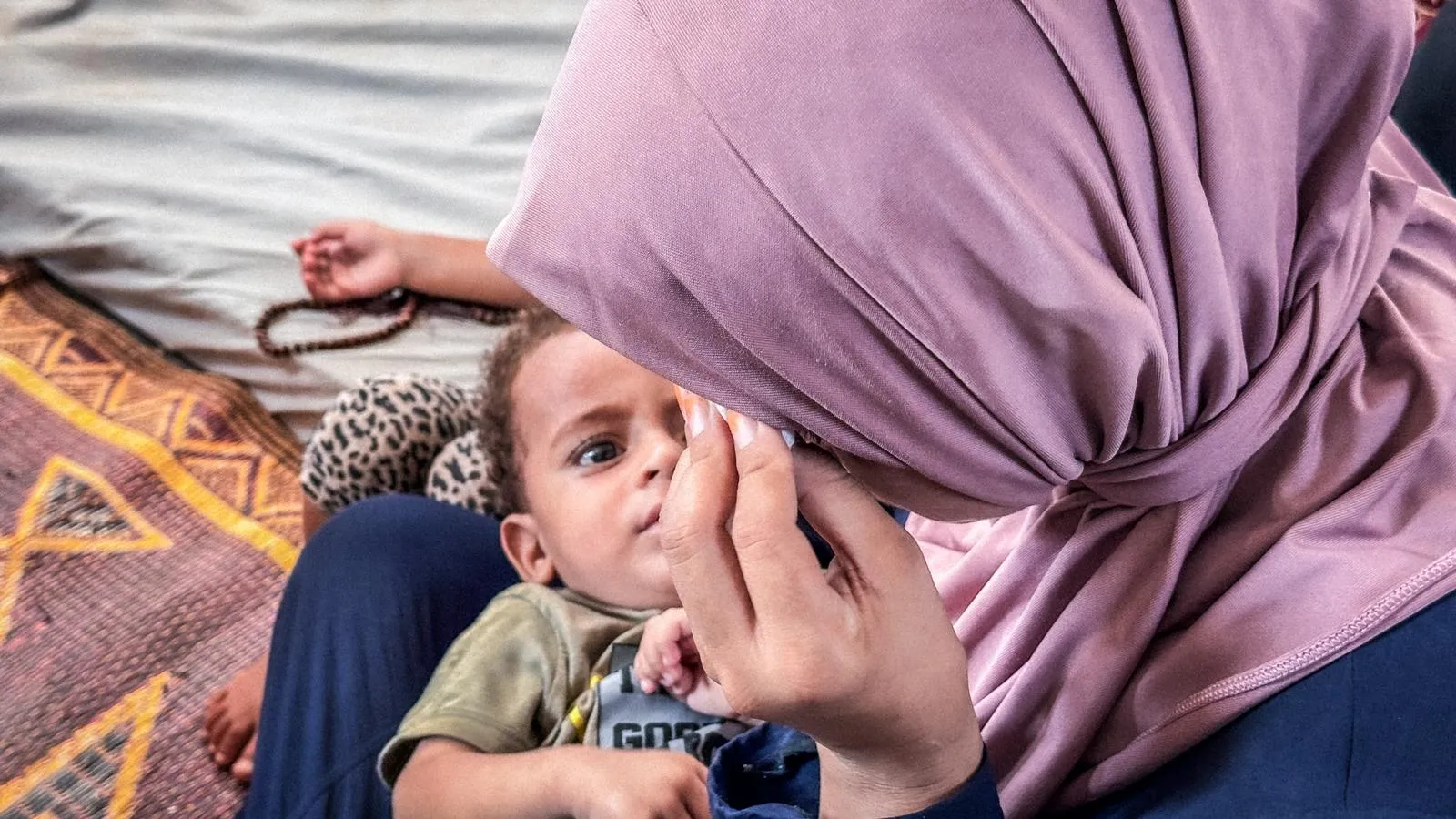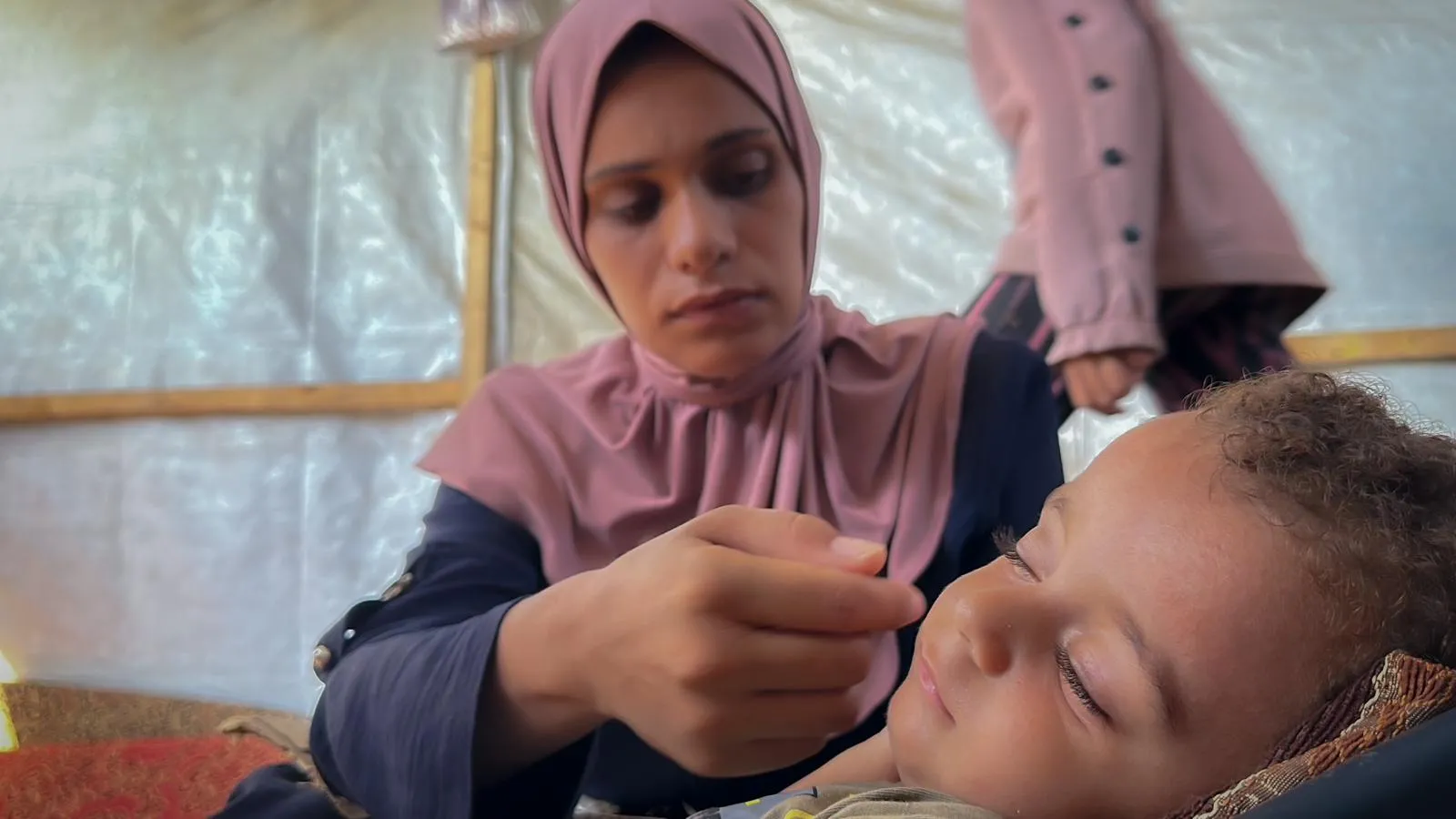The World Health Organization (WHO) confirmed last month that the poliovirus was also detected in sewage samples from Khan Younis and Deir Al-Balah, and health officials are raising alarms about the potentially catastrophic consequences if a vaccination campaign cannot be carried out immediately.
Nahed Abu Iyada, CARE West Bank and Gaza’s Health Program Field Officer, warned of the impending disaster: “Without an immediate ceasefire and access to vaccines and humanitarian aid, Gaza faces a public health disaster that will endanger children across the region and beyond.”
The health system in Gaza, already severely damaged by ongoing hostilities, is struggling to provide even basic care, leaving many children unvaccinated. At least 50,000 children born during the last 10 months of conflict are unlikely to have received any immunizations, while older children’s vaccine schedules have been disrupted by violence and displacement.
Over a million doses of the nOPV2 vaccine and 500 vaccine carriers have been delivered to the cold chain room in Deir Al-Balah, and the first-round vaccination campaign is planned to be rolled-out starting on August 31. The second phase will start in September, but the ongoing conflict presents significant challenges to the distribution process.
Health officials say the campaign’s success hinges on authorities allowing the swift entry of vaccines and cold chain equipment into Gaza.
Hours, not weeks to save lives





